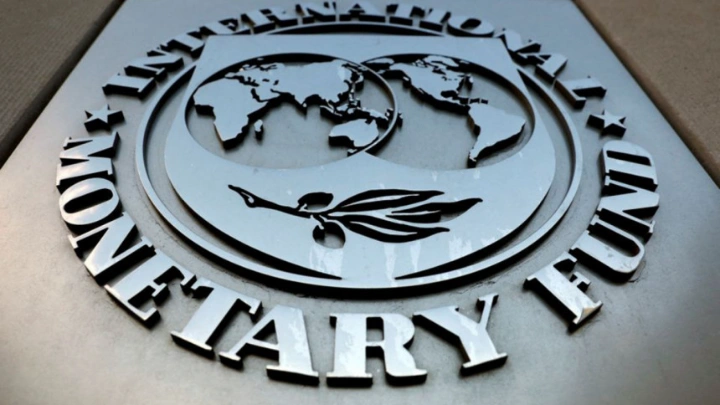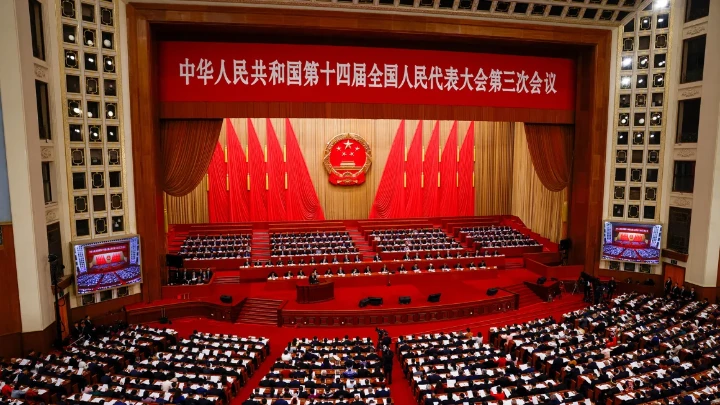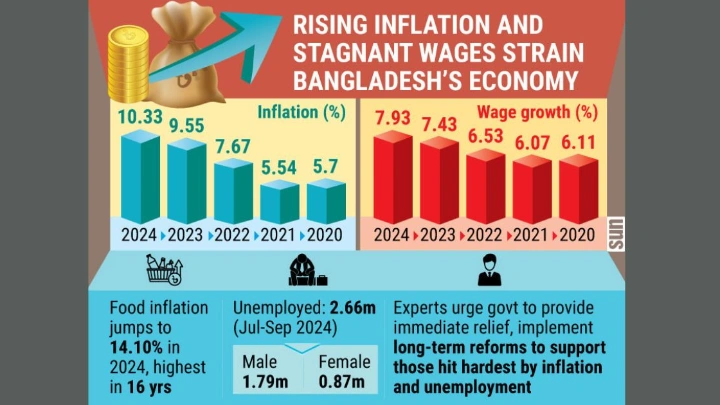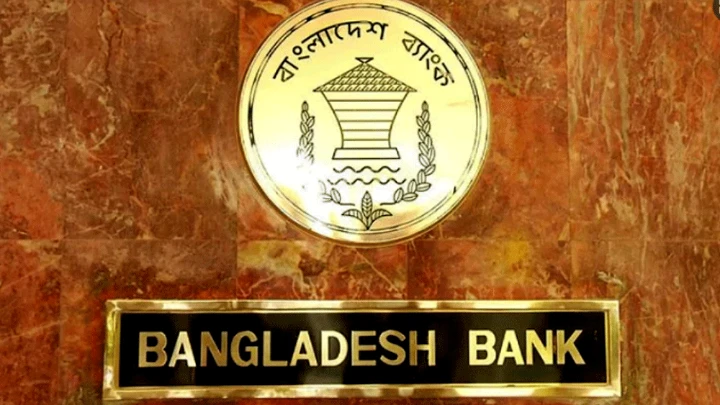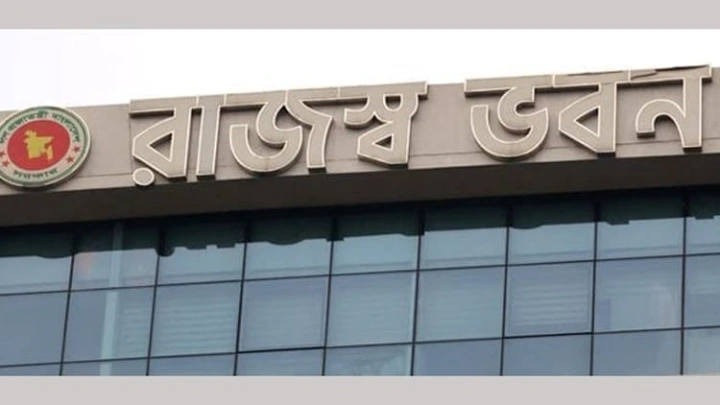IMF approves Bangladesh a $4.5 billion loan
Shining BD Desk || Shining BD
A staff-level agreement has been achieved between the government and the IMF team to support the authorities' reform initiatives under a new, 42-month ECF/EFF arrangement worth about $3.2 billion and a concurrent RSF arrangement worth approximately $1.3 billion.
Reform policies include: creating additional fiscal space, containing inflation and modernising the monetary policy framework, strengthening the financial sector, boosting growth potential and building climate resilience.
The staff-level agreement is subject to IMF management approval and executive board endorsement, which is expected in the coming weeks, the Washington-based multilateral lender said in a press release.
Higher revenue mobilisation and rationalisation of expenditures will allow increasing growth-enhancing spending.
The impact on the vulnerable will be mitigated by higher social spending and better-targeted social safety net programmes.
The monetary stance will be guided by the inflation outlook. Monetary policy modernisation will promote macroeconomic stability and improve policy transmission. Increased exchange rate flexibility will help buffer external shocks.
Reducing financial sector vulnerabilities, strengthening oversight, enhancing governance and the regulatory framework and developing capital markets will help mobilise financing to support growth objectives.
Creating a conducive environment to expand trade and foreign direct investment, deepening the financial sector, developing human capital and improving governance to enhance the business climate will lift growth potential.
Strengthening institutions and creating an enabling environment will help meet climate objectives, support large-scale climate investments and help mobilise additional climate financing.
"Bangladesh's robust economic recovery from the pandemic has been interrupted by Russia's war in Ukraine, leading to a sharp widening of the current account deficit, a rapid decline of foreign exchange reserves, rising inflation and slowing growth," said Rahul Anand, who led the ten-member IMF staff mission.
Even as Bangladesh tackles these immediate challenges, addressing long-standing structural issues remains critical, including threats to macroeconomic stability from climate change.
To successfully graduate from the least-developed country status and achieve middle-income status by 2031, it is important to build on past successes and address structural issues to accelerate growth, attract private investment, enhance productivity, and build climate resilience.
"Against this backdrop, and following initial measures to maintain macroeconomic stability, the authorities have put together a programme -- supported by the IMF -- that is expected to bolster its external position, reduce vulnerabilities and prepare the ground for a robust and inclusive growth pick-up by scaling up much-needed social, development and climate spending," Anand added.
Source: The Daily Star
Shining BD

